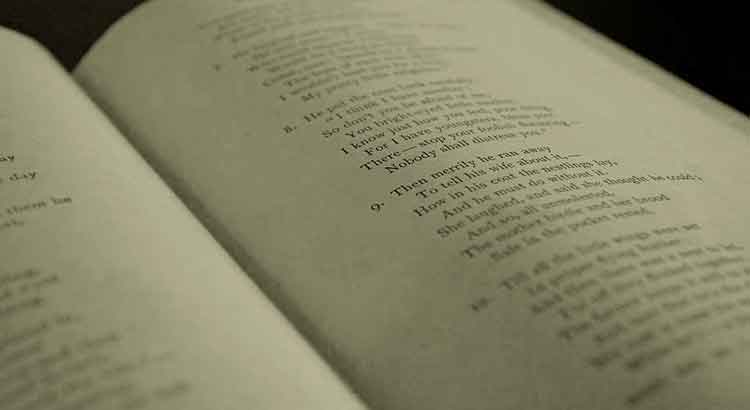In sequential tonics, something that almost always sounds unpleasant in poetry, there is an accentuation scale that, by weakening the first accent, tones up the second. One could say that, in this way, a stronger accent is artificially generated in the verse than that of an ordinary tonic syllable: therefore, an unstressed accent rises to an accented one, which rises to a more accented one. Conversely, it is possible to generate an artificially decreasing accentuation movement in some cases when, working on binary verses, a proparoxytone word is inserted whose last syllable occupies a position where there should be an accent; the effect is opposite: this last syllable, although it is not, seems less accented than the previous one, thanks to the resonance of the first one, which thus appears stronger than it normally would. Both procedures, if used intelligently, can have interesting effects.
In Sequential Tonics…
